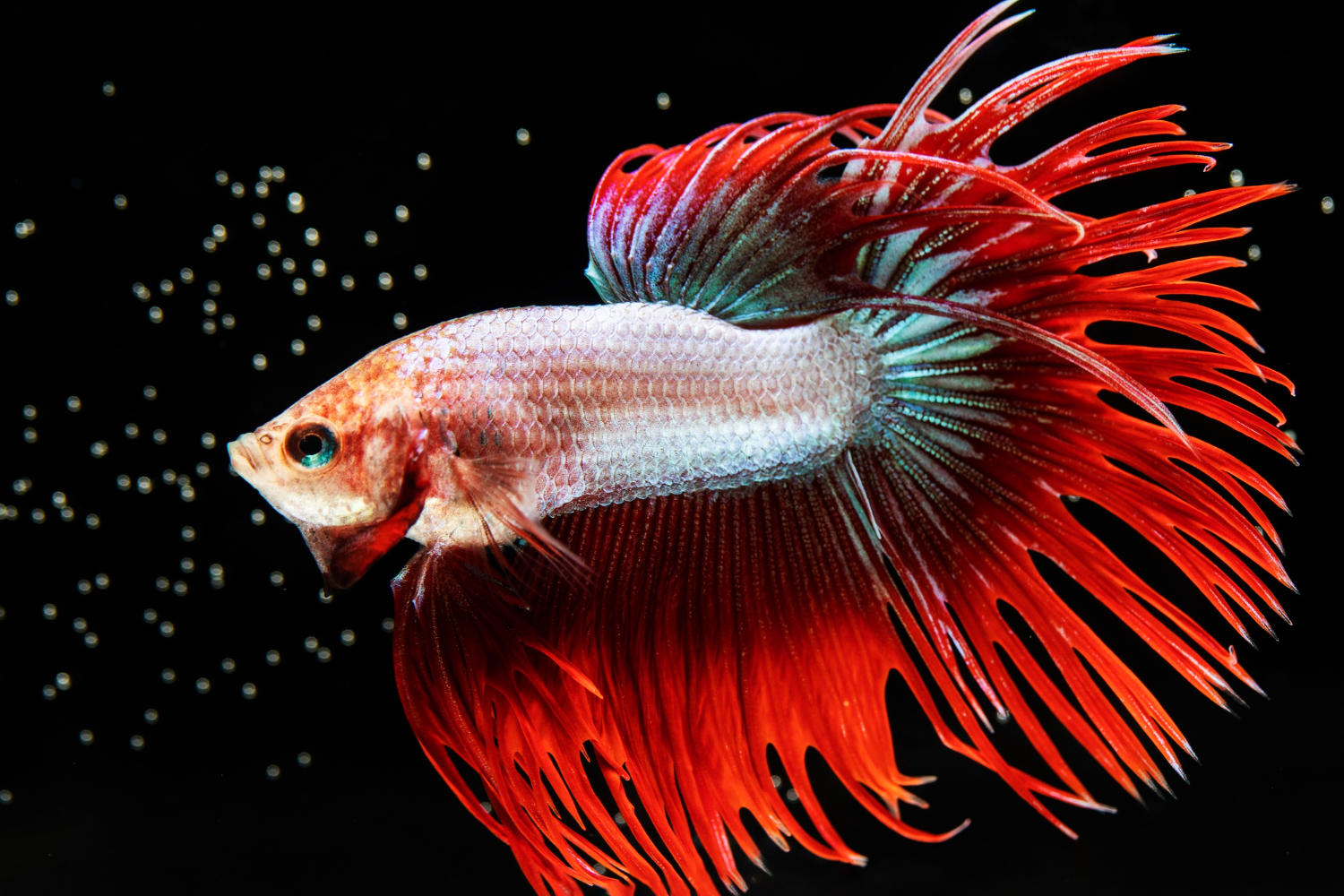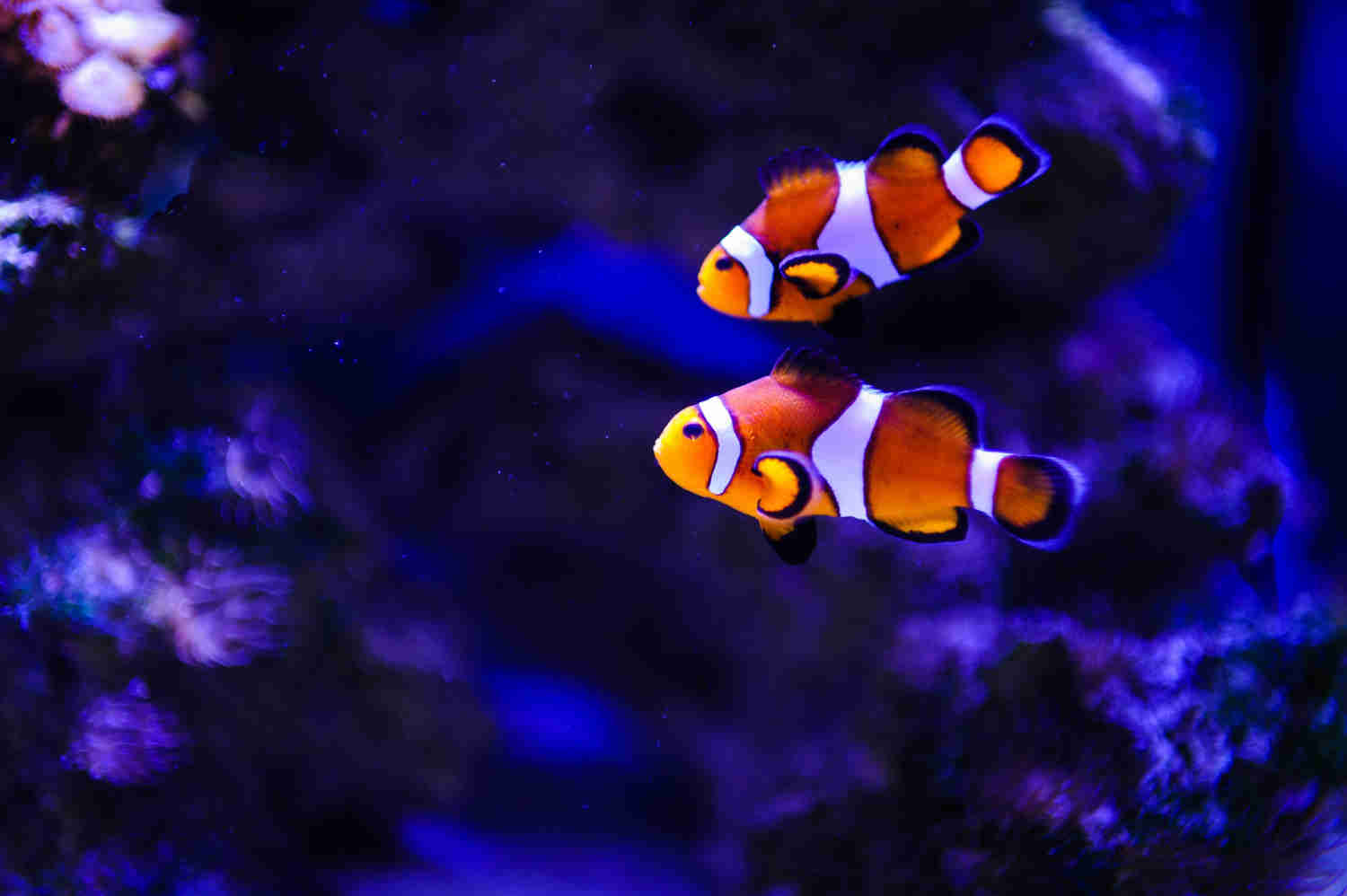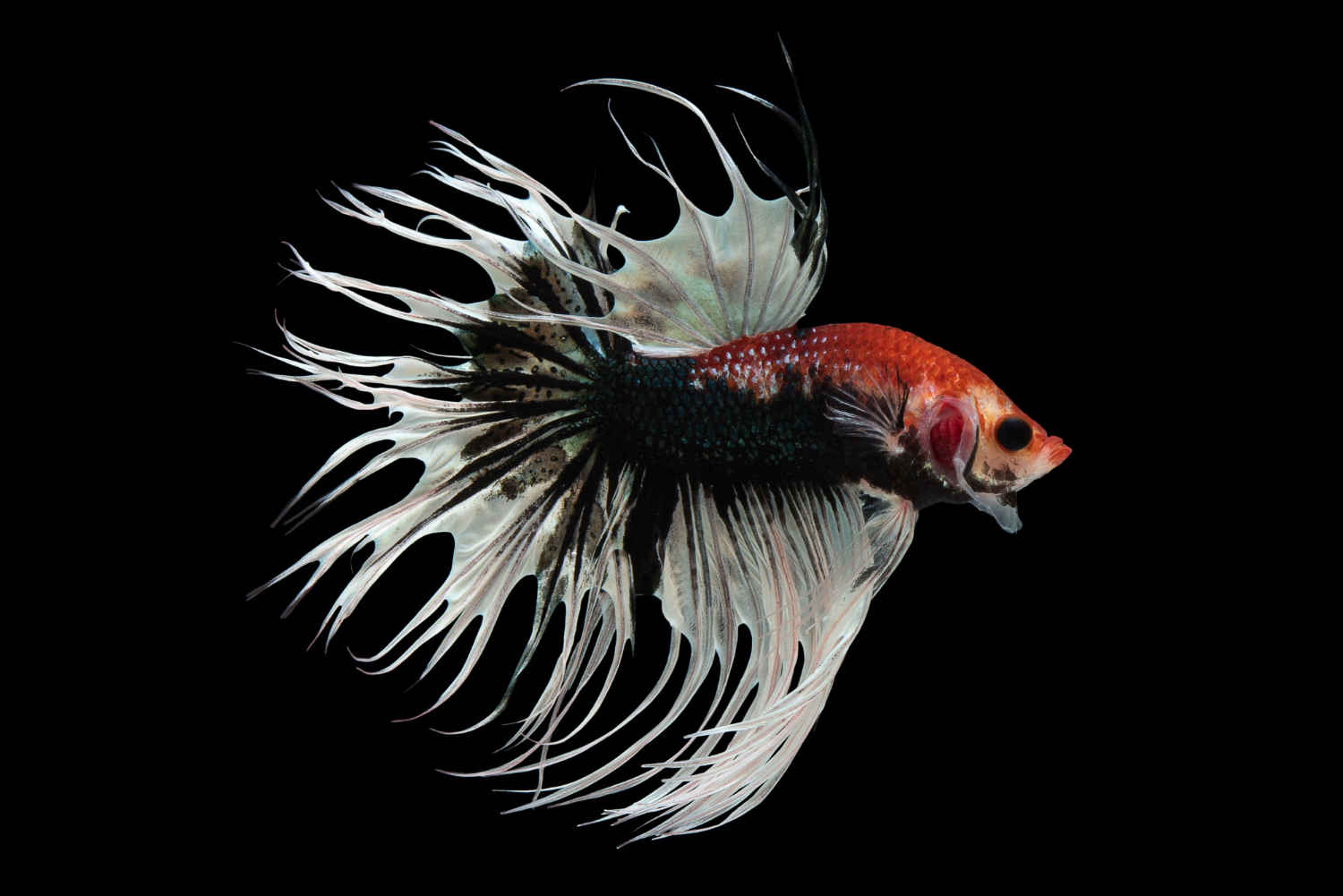Have you ever stopped to consider whether fish can get stressed? It may seem like an odd question, but the truth is, fish can experience stress just like any other living creature. As humans, we are all too familiar with the negative effects of stress on our mental and physical health. So, it’s important to understand how stress affects our aquatic friends and what we can do to help them. In this blog post, we’ll explore the fascinating world of stressed-out fish and learn about the impact of stress on their well-being.
Stressed-Out Fish: Understanding the Impact of Stress on our Aquatic Friends
Fish are fascinating creatures that inhabit the oceans, rivers, and lakes of the world. They come in a variety of shapes, sizes, and colors, and have adapted to a wide range of environments. However, like all living things, fish can experience stress. In this blog post, we will explore the impact of stress on fish, the signs of stress in fish, and what we can do to help our aquatic friends.
What is Stress in Fish?
Stress is a response to a physical or psychological threat. In fish, stress can be caused by a variety of factors, including poor water quality, inadequate oxygen levels, changes in temperature, and overcrowding. As a result of stress, fish may exhibit a range of physiological and behavioral changes that can have long-term effects on their health and well-being.
Signs of Stress in Fish
There are several signs that a fish may be stressed. These include:
1. Increased respiration: Fish that are stressed may breathe more rapidly than normal.
2. Loss of appetite: Stress can cause fish to lose interest in food.
3. Aggressive behavior: Stressed fish may become more aggressive towards other fish or objects in their environment.
4. Lethargy: Fish that are stressed may appear listless and inactive.
5. Color changes: Stress can cause fish to lose their vibrant colors and become dull or pale.
 - Copy.jpg)
6. Increased susceptibility to disease: Stressed fish are more susceptible to diseases and infections.
Impact of Stress on Fish
Stress can have a significant impact on the health and well-being of fish. Prolonged exposure to stress can weaken the immune system, making fish more susceptible to disease and infections. Stress can also affect the reproductive system, leading to decreased fertility and a reduced ability to reproduce. In addition, stress can cause behavioral changes that can impact the social dynamics of fish populations.
What Can We Do to Help Stressed-Out Fish?
There are several steps that we can take to help reduce stress in fish. These include:
1. Maintaining good water quality: One of the most important factors in reducing stress in fish is maintaining good water quality. This includes ensuring that the water is clean, well-oxygenated, and at the appropriate temperature.
2. Providing adequate space: Overcrowding is a major cause of stress in fish. Providing adequate space for fish to swim and interact with each other can help reduce stress.
3. Providing hiding places: Fish need places to hide and feel secure. Providing hiding places, such as plants, rocks, and caves, can help reduce stress.
4. Feeding a balanced diet: Providing a balanced diet that meets the nutritional needs of fish can help reduce stress and promote good health.
5. Reducing noise and disturbances: Loud noises and disturbances can be stressful for fish. Reducing noise and disturbances in the environment can help reduce stress.
Fish are complex creatures that are susceptible to stress. As responsible pet owners and environmental stewards, it is important that we understand the impact of stress on fish and take steps to help reduce their stress levels. By maintaining good water quality, providing adequate space, providing hiding places, feeding a balanced diet, and reducing noise and disturbances, we can help our aquatic friends lead healthy and stress-free lives.
In conclusion, it is essential to recognize that fish are not just simple creatures but complex beings that can experience stress. As responsible pet owners or individuals who enjoy fishing, it is our responsibility to ensure that they are provided with comfortable living conditions, appropriate nutrition, and low-stress environments. By doing so, we can help them avoid health issues and live a happy and fulfilling life. As we continue to learn more about these fascinating aquatic creatures, we can work towards creating a better environment for them both in captivity and in the wild. So let’s be mindful of their needs and do our part in reducing their stress levels to ensure their well-being.


%20-%20Copy.jpg)

.jpg)

%20-%20Copy.jpg)

